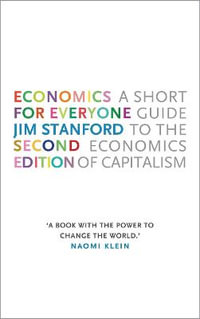
The Enduring Legacies of the Global Financial Crisis in East Asia
A Quiet Transformation
By: Iain Pirie
Hardcover | 25 July 2024
At a Glance
Hardcover
RRP $273.00
$193.25
29%OFF
Aims to ship in 7 to 10 business days
ISBN: 9781032645896
ISBN-10: 103264589X
Series: Routledge Advances in International Relations and Global Politics
Published: 25th July 2024
Format: Hardcover
Language: English
Number of Pages: 172
Audience: Professional and Scholarly
Publisher: Taylor & Francis Ltd
Country of Publication: GB
Dimensions (cm): 23.39 x 15.6 x 1.12
Weight (kg): 0.42
Shipping
| Standard Shipping | Express Shipping | |
|---|---|---|
| Metro postcodes: | $9.99 | $14.95 |
| Regional postcodes: | $9.99 | $14.95 |
| Rural postcodes: | $9.99 | $14.95 |
How to return your order
At Booktopia, we offer hassle-free returns in accordance with our returns policy. If you wish to return an item, please get in touch with Booktopia Customer Care.
Additional postage charges may be applicable.
Defective items
If there is a problem with any of the items received for your order then the Booktopia Customer Care team is ready to assist you.
For more info please visit our Help Centre.
You Can Find This Book In
This product is categorised by
- Non-FictionReference, Information & Interdisciplinary SubjectsInterdisciplinary StudiesRegional Studies
- Non-FictionEarth Sciences, Geography, Environment, PlanningGeographyRegional Geography
- Non-FictionEconomicsPolitical Economy
- Non-FictionPolitics & Government
- Non-FictionEconomicsEconomic & Financial Crises & Disasters























